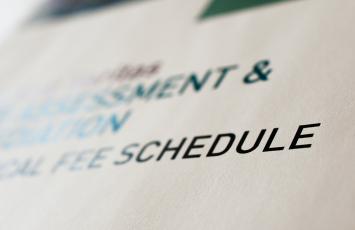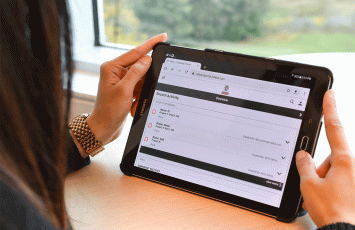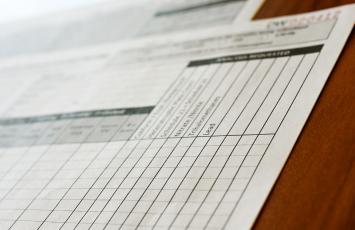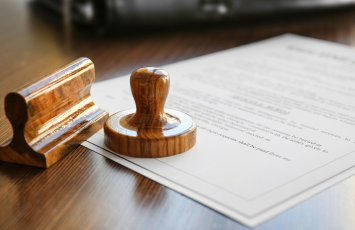Compositional Gas Analysis
Bureau Veritas is the largest supplier of laboratory services to Canada's oil & gas industry
Whether it's natural gas, LPG, NGL, condensate or crude oil testing, our in-house laboratory staff can pool their expertise to offer valuable solutions to our customers.
-
Natural Gas, NGL & LPG Techniques
Our proprietary technique for compositional analysis increases the ability to resolve, detect and quantify recovery of heavier end components and improves the overall accuracy of results
Bureau Veritas uniquely leverages technology in the analysis of natural gas and natural gas liquids. Processors and mid-streamers are now able to generate more accurate and defensible valuations of their product streams when they depend on Bureau Veritas' enhanced natural gas liquid and extended natural gas analyses. It is now common for NGL streams to contain concentrations of C6 and C7+ components that are in excess of the analytical limits for industry standard procedures. We have combined procedural enhancements with the application of advanced chromatography to provide accurate and reliable production valuations.
Typical natural gas and natural gas liquid test methods
Natural Gas
GPA 2261
Analysis for Natural Gas and Similar
Gaseous Mixtures by Gas Chromatography
GPA 2286
Method for the Extended Analysis for Natural Gas and Similar Gaseous Mixtures by Temperature Program Gas Chromatography
Carbon Isotope Analysis, C12/C13
Isotope Ratio Mass Spectrometry used to measure the ratio of stable carbon isotopes, C12/C13. Isotope ratios are useful for determining origin of natural gases.
Natural Gas Liquids
GPA 2177
Analysis of Natural Gas Liquid Mixtures Containing Nitrogen and Carbon Dioxide by Gas Chromatography
Enhanced Flash for Natural Gas Condensate (C30)
Industry leading method for comprehensive characterization of natural gas condensate from high pressure separators
GPA 2186
Method for the Extended Analysis of Hydrocarbon Liquid Mixtures Containing Nitrogen and Carbon Dioxide by Temperature Programmed Gas Chromatography
-
Trace Sulfur Analysis
Analysis of sulfur content in crude oil, refinery process units and in final petroleum products is needed in order to avoid refining and regulatory problems
For more than 30 years, Bureau Veritas has been performing sulfur analysis on a variety of petroleum products such as natural gas, pressurized and atmospheric condensate, and other petroleum liquids. Analyses can range from total and elemental sulfur to trace sulfur compounds in the ppm and ppb range. The methods employed include gas chromatography/sulfur chemiluminescence (GC/SCD), UV fluorescence, X-Ray fluorescence (EDXRF), and the Clark-Lesage method.
In addition to laboratory analysis, Bureau Veritas also has the ability to configure our mobile/portable lab to perform on-site trace sulfur analysis. This allows us to provide the client with near real-time data, so operational decisions can be made quickly.
-
Hydrocarbon Fingerprinting
Is your reputation at stake?
Could your operation be the actual source of the leak? Where and how do we sample? What do my results mean? If you need an answer to any of those questions - Bureau Veritas can help! We offer hydrocarbon fingerprinting for oil & gas clients with capabilities that are unparalleled. Our turnkey solution - including highly experienced field sampling services and stable isotope analysis, in-house GC-IRMS analysis, expert data reporting and interpretation and a proprietary database of natural gas isotopic delivers results you can trust!
-
Benzene Emission & DEOS Reporting Services
Are you compliant with the new benzene emissions requirements pertaining to directive 039?
In 2013, Directive 039 “established mandatory requirements to ensure continued reductions of benzene emissions to reduce the potential impact on the public. Subsequently, the directive was updated in June of 2018.
At Bureau Veritas, we can assist you with these questions and provide you with the right sampling and analysis required to ensure compliance with Directive 039. DEOS sheets are required and available for both operating and non-operating dehydrators. We can assist you in complying with the Directive 039, as we offer DEOS and Inventory List creation as part of our full-service commitment to our clients to meet the requirements of the directive.
For more details on our benzene emissions services and capabilities, please see Benzene Emissions (attached). Added information on Directive 039 can be found through the Alberta Energy Regulator.




